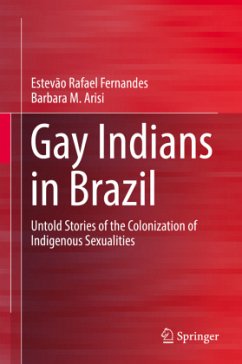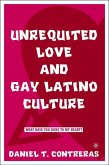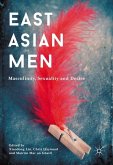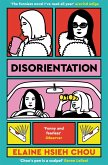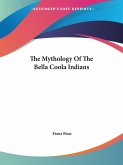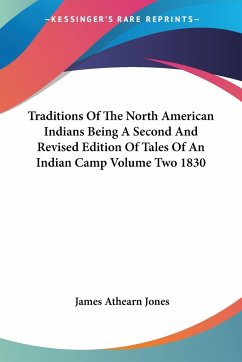This book unveils an ignored aspect of the Brazilian history: how the colonization of the country shaped the sexuality of its indigenous population. Based on textual research, the authors show how the government and religious institutions gradually imposed the family model considered as "normal" to Brazilian indigenous gays through forced labor, punishment, marriages with non-indigenous and other methods.
However, such disciplinary practices didn't prevent the resistance of the natives whose sexuality operates out of the hegemonic model, and the book also analyzes the impact of these forms of dissent on the development of indigenous movements, interethnic relations and indigenous policies in Brazil.
Building upon Post-Colonial and Queer theories, the authors present a historical overview of the ideas and practices employed by the religious and governmental authorities to repress homosexuality among indigenous peoples since the beginning of the colonization process, on the 16th century. They also show how this process of colonization of indigenous sexualities goes beyond the formal colonization period, which ended with the Brazilian Independence in 1822, and is part of a wider process of compulsory heterosexualization and heteronormativity of native peoples, based on scientific, theological, social and cultural assumptions that inspired religious, civilizing, academic and political practices throughout Brazilian history.
However, such disciplinary practices didn't prevent the resistance of the natives whose sexuality operates out of the hegemonic model, and the book also analyzes the impact of these forms of dissent on the development of indigenous movements, interethnic relations and indigenous policies in Brazil.
Building upon Post-Colonial and Queer theories, the authors present a historical overview of the ideas and practices employed by the religious and governmental authorities to repress homosexuality among indigenous peoples since the beginning of the colonization process, on the 16th century. They also show how this process of colonization of indigenous sexualities goes beyond the formal colonization period, which ended with the Brazilian Independence in 1822, and is part of a wider process of compulsory heterosexualization and heteronormativity of native peoples, based on scientific, theological, social and cultural assumptions that inspired religious, civilizing, academic and political practices throughout Brazilian history.

